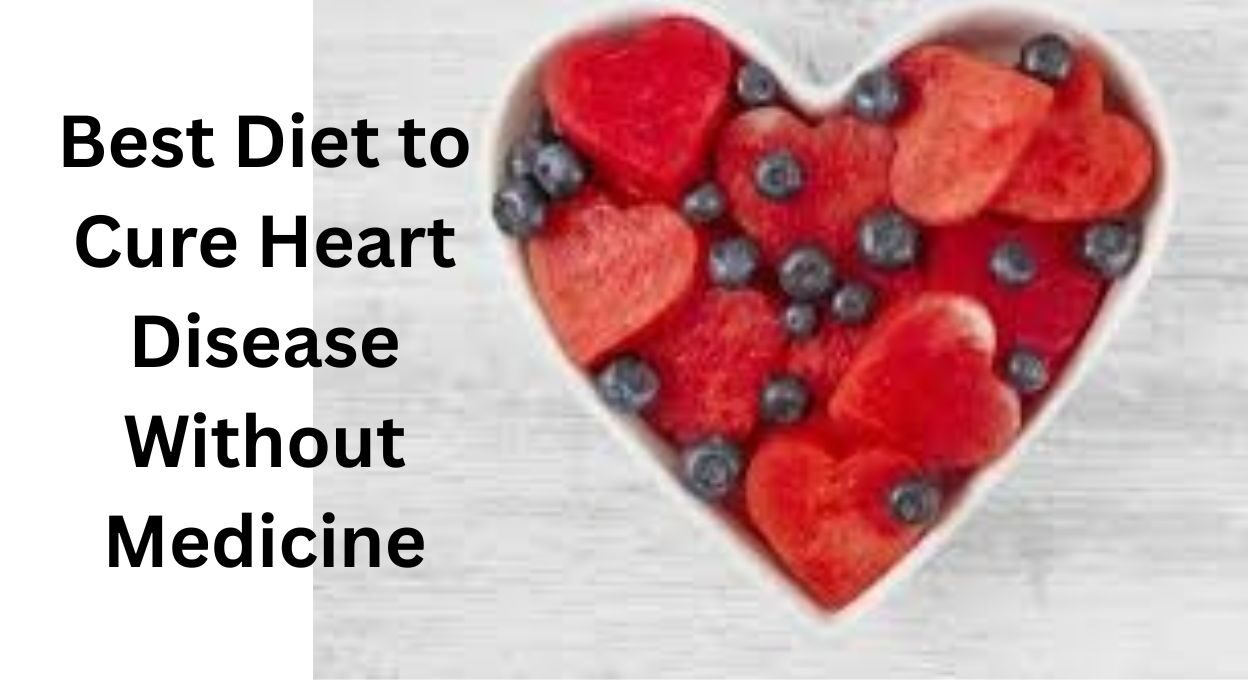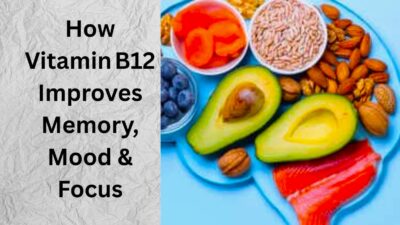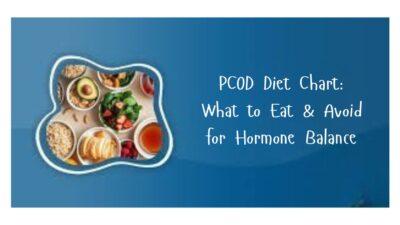Emerging research shows that proper nutrition can prevent, halt, and even reverse heart disease—often without medication. Studies like the Lyon Diet Heart Study and Ornish Program prove that lifestyle changes can outperform drugs for many patients.
Table of Contents
Why This Heart Disease‑Reversing Diet Works
Dr. Bimal Chhajer, a veteran cardiologist in non‑invasive cardiology, emphasizes that heart disease can be improved—and sometimes reversed—through diet. His recommended plan focuses on lowering blood pressure, improving cholesterol, reducing inflammation, and managing weight through:
- Antioxidant-rich fruits and vegetables
- Fiber from whole grains
- Plant-based lean proteins
- Low saturated fat and sodium
Best Foods to Eat for Heart Reversal
Dr. Chhajer suggests a colorful, nutrient-dense approach:
Fruits & Vegetables
- Leafy greens (spinach, kale, Swiss chard)
- Berries (blueberries, strawberries, raspberries)
- Citrus fruits (oranges, grapefruits)
- Cruciferous veggies (broccoli, cauliflower, Brussels sprouts)
These provide essential vitamins, minerals, and powerful antioxidants linked to reduced heart disease risk.
Whole Grains
Choose high-fiber, minimally processed grains:
- Quinoa
- Brown rice
- Steel-cut oats
- Barley
These grains help lower LDL (“bad” cholesterol), stabilize blood sugar, and support healthy digestion.
Lean Proteins (Plant-Based)
- Legumes (lentils, chickpeas, beans)
- Soy-based foods (tofu, tempeh)
Swapping meat for plant-based proteins cuts saturated fat and supports better cardiovascular health.
How to Cut Back on Salt Without Losing Flavor
Dr. Chhajer highlights the importance of reducing dietary sodium, which contributes to hypertension and heart strain. To cut salt intake:
- Avoid processed snacks, fast food, canned soups, and cured meats
- Use herbs and spices like garlic, turmeric, cumin, rosemary, thyme, paprika
- Replace table salt with sea salt sparingly (if needed)
Flavorful herbs and spices offer anti-inflammatory benefits and let you create tasty meals without excess sodium.
7‑Day Heart‑Healthy Meal Plan
| Day | Breakfast | Lunch | Dinner | Snacks |
|---|---|---|---|---|
| 1 | Oatmeal with berries & nuts | Mixed salad with quinoa & chickpeas | Grilled tofu, steamed broccoli, brown rice | Apple slices with almond butter |
| 2 | Smoothie: spinach, banana, oats | Lentil soup & whole‑grain bread | Vegetable stir‑fry with tempeh | Carrot sticks & hummus |
| 3 | Steel‑cut oats with citrus & seeds | Avocado quinoa bowl with beans | Baked sweet potato, mixed greens | Berry Greek yogurt (low-fat) |
This plan combines the doctor’s principles into simple, flavorful meals.
Health Benefits Backed by Experts
- Lowers LDL cholesterol & triglycerides
- Reduces blood pressure naturally
- Stabilizes blood sugar levels
- Promotes weight loss and healthy BMI
- Decreases inflammation and oxidative stress
Lifestyle Tips to Boost Heart Health
1. Walk 30 Minutes Daily
- Lowers blood pressure & LDL cholesterol
2. Manage Stress (Yoga, Meditation, Deep Breathing)
- Chronic stress inflames arteries
3. Quit Smoking
- Within 1 year, heart attack risk drops by 50%
4. Sleep 7–8 Hours/Night
- Poor sleep raises heart disease risk by 48%



